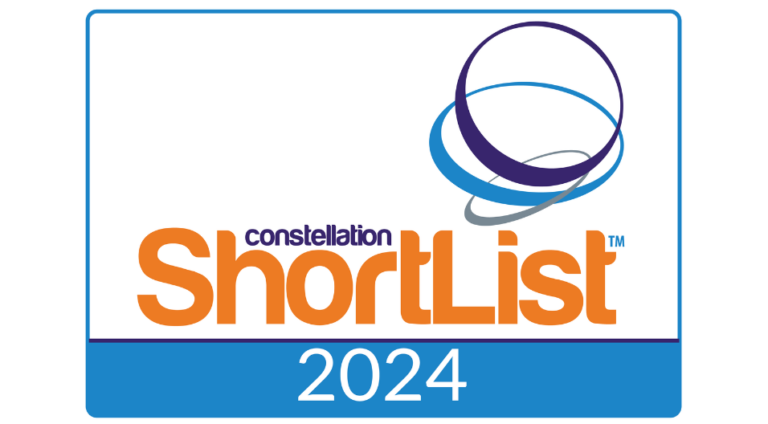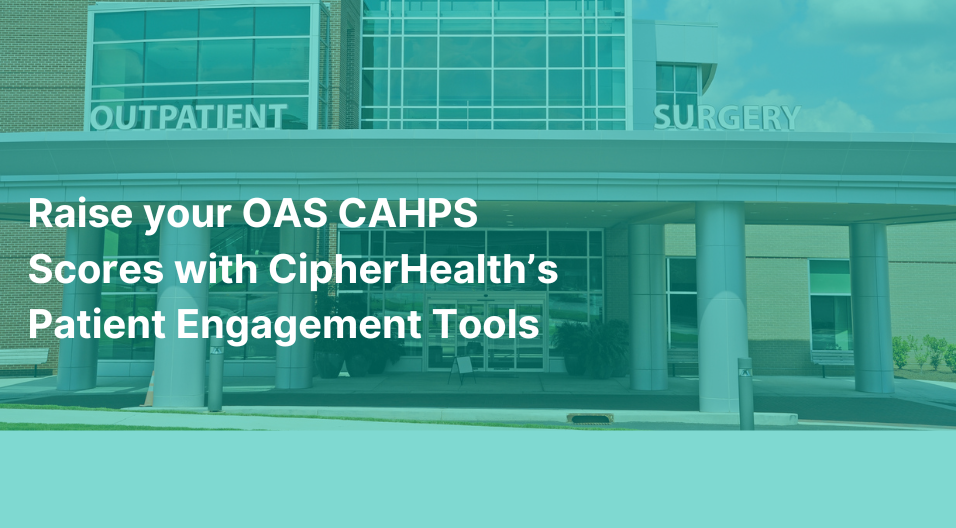Healthcare is transforming before our eyes with radical changes to fundamental clinical workflows and processes. Traditional medical dogma has been challenged as clinicians are forced to evaluate new processes, guidelines, and community expectations daily — triggered by the evolution of COVID-19. Even as I write this, there will be changes. One constant however, has been the need to adapt quickly.
Some Defining Moments
On March 11, 2020, the WHO declared COVID-19 a pandemic. Shortly thereafter, elective procedures were paused. Surge capacity plans were implemented and Crisis Response actions occurred as demand continued to outweigh capacity, despite truly heroic efforts.
Early in the crisis, our hospital partners were interested in pre-appointment patient screening; then, as quickly as those requests came in, elective procedures were put on hold and there was no need to screen people coming in for existing appointments. Now, a month after the initial pause, CMS has produced guidelines on how communities can begin to resume procedures that had been put off.
The medical community knew that elective didn’t mean unnecessary. It simply meant a procedure was scheduled. Patients did not suddenly get better. Many suffered and continue to suffer as they wait for the appropriate time to have their procedure, test, or surgery completed. It was necessary to redeploy ventilators and staff from these interventional areas to handle the overwhelming numbers of acutely ill COVID-19 patients, but there are consequences to delaying treatment and diagnostic testing. Whether the need is for cancer care, management of chronic health conditions, or a new onset of non-COVID diseases, the reality is that delays carry both clinical and emotional consequences.
So, Where Are We Now?
Healthcare organizations must be proactive in thinking about what tools they will need to quickly adapt to the resurgence of these important procedures. As CMS recommends, hospitals will need to have rapid testing in place, regular staff screening capabilities, and a method to screen all patients prior to them arriving for their appointments.
As states begin to enter the first phase of reopening, having adaptable, flexible tools to help with multiple areas of crisis response and management will be essential to streamlining processes and making the most of available resources.
Where Do We Go From Here?
During this unprecedented global health crisis, it’s critical that we look for ways to manage the care of patients in their homes, as well as plan for the surge of elective cases that have been “queuing” ever since COVID-19 changed our reality. We must plan for what could become the “second surge” for already overwhelmed healthcare systems and recognize that this group of patients may have higher acuity than when originally scheduled.
We must consider the impact of new social determinants resulting from the effects of necessary “Stay At Home” mandates, and the delays in treatment that ensued. We must also consider the very real possibility of COVID-19 resurgence in the fall, which will unfortunately coincide with flu season.
As the queue continues to build and healthcare resources remain constrained, hospitals will also need to assess and refine their current crisis response and adapt future emergency preparedness plans.
Flexibility Is Essential
As healthcare providers quickly adapt to the changes COVID-19 has presented to their patients, staff, facilities, and overall community, having the right technology in place to meet those needs is paramount. As a complement to both in-person and virtual visits, providers can leverage resources to monitor patients with chronic conditions, keep track of patients testing positive for COVID-19 or Persons Under Investigation (PUIs), and follow up with those who are being discharged from the hospital.
With CipherHealth’s Crisis Response Solutions, hospitals are able to deploy programs to screen, educate, and monitor en-masse as curves continue to plateau, and as they gear up for future challenges presented by the upcoming flu season.
Contact us or email [email protected] to learn more about how CipherHealth’s Crisis Response Solutions can help your hospital be more adaptable and flexible during the COVID-19 crisis.








